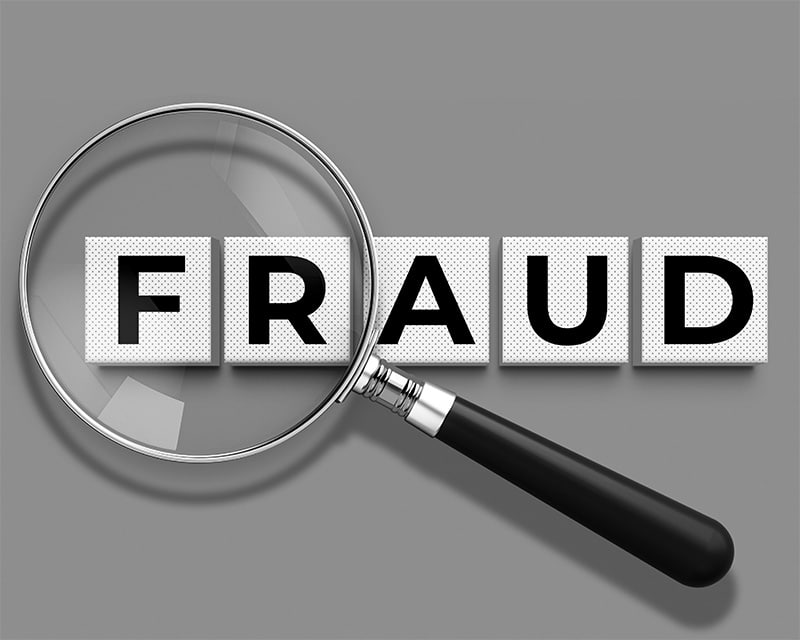June is Seniors Month in Canada, a time to recognize the value, resilience, and continued contributions of older adults in our communities. It’s also an opportunity to talk about one of the fastest-growing threats to their well-being: elder financial abuse.
According to the 2024 CSA Investor Index, 36 per cent of Canadians say they are aware of at least one instance of elder financial abuse, up from 29 per cent in 2020. This rise signals that more Canadians are paying attention to the financial vulnerability of older adults. It is also a reminder that this is a growing issue, and now more than ever, we need to be vigilant and recognize the signs of financial abuse with older loved ones we care for.
The Alberta Securities Commission (ASC) hears firsthand from seniors about how these situations occur. More often than not, financial abuse is subtle, persistent, and emotionally complex, which is why it can be hard to talk about and even harder to report. Financial abuse may not be immediately obvious, but the earlier it is identified, the better the chance of limiting the damage and preventing it from happening to others.
How seniors are being targeted
Financial abuse can take many forms, and fraudsters continue to adapt their tactics to take advantage of seniors. In some cases, they offer seniors what appear to be legitimate investment opportunities, often through cold calls, emails, messaging apps, or social circles. These fraudsters typically work to build trust quickly, using charm, familiarity, or shared interests to gain credibility before making their pitch.
Understanding these tactics is key. Our Fraudsters’ Playbook outlines the common steps scammers follow to build trust, manipulate emotions, and push victims into rushed decisions. The person making the pitch may not be registered to sell investments, may not provide clear documentation, or may urge the senior to act quickly without speaking to anyone else.
Another scam we continue to see is recovery room scams, where victims of previous fraud are contacted by individuals claiming they can help recover their lost funds for a fee. These scams can be especially damaging, as they often exploit a victim’s sense of desperation and hope for financial restitution.
Financial abuse, however, isn’t always the result of fraud. In some cases, it comes from someone the senior already knows and trusts. A family member, caregiver, or close acquaintance may gradually take control of financial decisions, gain access to accounts, or pressure someone into making risky or unfamiliar investments. This type of abuse can be subtle and difficult to identify, especially when it’s framed as support or occurs during a period of emotional or cognitive vulnerability.
With older adults managing their finances more online, fraudsters are using increasingly sophisticated digital tools to manipulate, deceive, and steal. Messaging apps like WhatsApp or social platforms like Facebook are being used to distribute fraudulent investment schemes, sometimes disguised as tips from “trusted” sources, making it harder to recognize the scam until it’s too late.
What you can do to help protect seniors
While the methods used to target seniors with investment scams are growing, the steps we can take to protect ourselves and those we care about remain clear and effective.
- Check registration with CheckFirst: One of the most important things anyone can do before working with an investment professional or firm is to check registration. In Alberta, generally, any individual or firm selling investment products or offering advice must be registered with the ASC or another Canadian securities regulator. If they aren’t, this is a red flag, and there is a risk that the person or firm is operating outside the law.
- Have a conversation: It also helps for concerned family members or trusted friends to talk openly and respectfully about financial matters, especially with aging loved ones. These conversations can be difficult, particularly when they involve suspicion or concern, but they are often the first step in identifying when something feels off. Asking questions, encouraging second opinions, and sharing reliable resources like ca/Seniors can empower older adults to make informed decisions and recognize red flags early. If someone is experiencing financial abuse, there are organizations and support services that can help. For more information on elder abuse, visit albertaelderabuse.ca.
- Report it: If you suspect someone is being targeted or has already been affected by investment fraud, please report it to the ASC immediately. While the ASC is not able to address cases of broader financial abuse, we are committed to helping Albertans understand how to invest safely and how to protect themselves from investment fraud. Our checkfirst.ca website provides tools and resources to help Albertans protect their financial well-being, at any age. We want to hear from anyone who believes they have been caught up in an investment scam.
Preventing elder financial abuse is not just the responsibility of seniors–it’s a shared effort. Families, caregivers, neighbours, and financial professionals all play a role in creating an environment where older adults feel safe, respected, and informed about their finances.
As we celebrate seniors’ month, let’s honour the wisdom and contributions of older adults and take meaningful action to protect them from the growing threat of financial abuse and fraud. Together, we can help ensure seniors live with dignity, security, and peace of mind.



